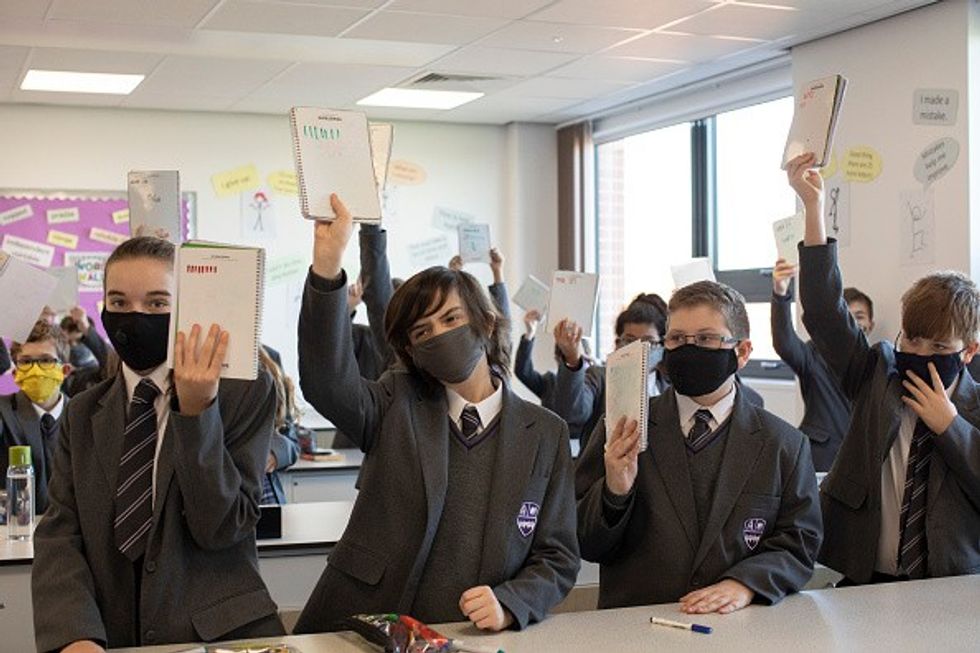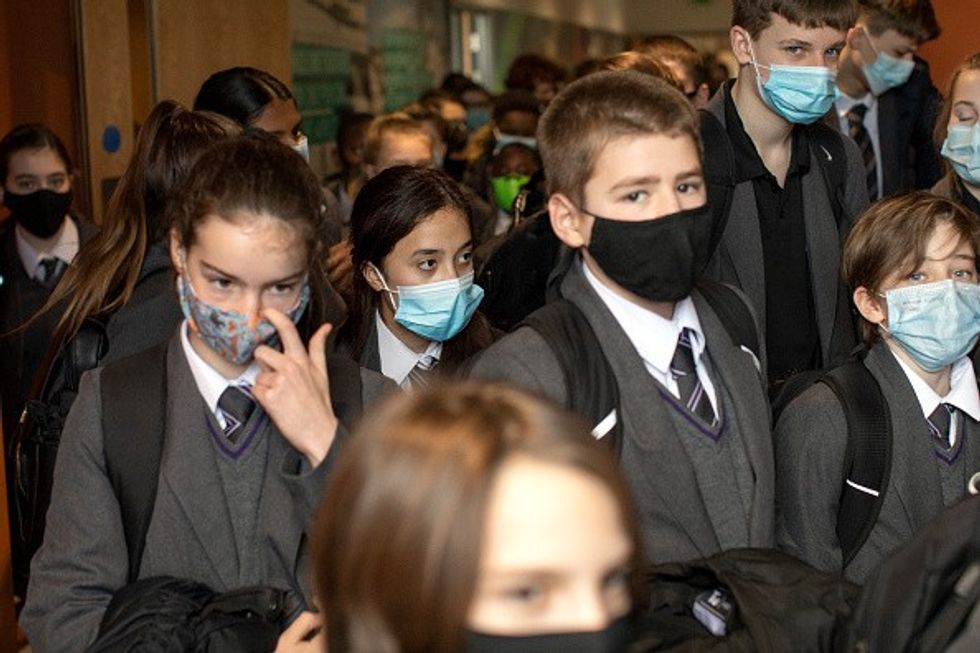THE rate of exclusions among primary school pupils in Birmingham was twice the national rate and twice the rate of core cities.
There were 53 primary aged children excluded in the 2019/20 academic year – double the number Birmingham would have it was consistent with comparable cities.
The permanent exclusion rate in Birmingham was 0.04 per cent of the primary state school population – compared to 0.02 per cent in England.

Core cities comprising Belfast, Bristol, Cardiff, Glasgow, Leeds, Liverpool, Manchester, Newcastle, Nottingham, and Sheffield also had a rate of 0.02 per cent.
The rate in Birmingham was 0.08 per cent in 2018/19 (compared to England rate of 0.02 per cent), 0.09 per cent in 2017/8 (compared to 0.03 per cent) and 0.08 per cent in 2016/17 (compared to 0.03 per cent).
The exclusion rate among Birmingham primary schools for the period was consistently higher than that of core cities.
Also Read | Britain's new 'anti-woke' schools guidance attracts controversy
The figures were given in a presentation to councillors on the education and children’s social care overview and scrutiny committee last week.
The rate for secondary school exclusions was closer to the national and core city rate, with the Birmingham rate given at 0.14 per

cent in 2019/20 compared to 0.12 per cent in England and 0.14 per cent in core cities.
In 2019/20 the exclusion rate among all students was 0.08 per cent. Among ethnic groups, the highest rate was found in mixed groups at 0.15 per cent followed by black groups at 0.10 per cent, white groups at 0.09 per cent and Asian groups at 0.05 per cent.
The report to councillors states: “Birmingham mirrors the national picture of higher permanent exclusion and suspension rates for pupils from black, white and mixed ethnicities and lower rates for pupils from Asian ethnicities.
“In 2019/20 in Birmingham, the largest reduction was for children of black ethnicities, with a 47 per cent reduction in the permanent exclusion rate and a 35 per cent reduction in suspensions.”
In 2019/20, the Birmingham constituency with the highest number of exclusions among all pupils was Northfield with a rate of 0.15 per cent, followed by Erdington (0.13 per cent) and Yardley (0.12 per cent).
The constituency with the lowest rate was Perry Barr with 0.03 per cent, followed by Hall Green and Sutton Coldfield (both 0.05 per cent).
A Birmingham City Council spokesperson described the figures as “extremely small percentages”.
They said the number had fallen from 53 primary aged children in 2019/20 to 27 in 2020/21.
They added: “The number of permanent exclusions of primary aged children in Birmingham has reduced since 2017/18 and the numbers are relatively small given the total number of children in the city.
“Reducing exclusions is a priority for the council and we are working with schools and partners to address issues, including the rate of permanent exclusions of primary aged pupils.”
The presentation to councillors states measures being taken to reduce exclusions and suspensions include:
- Making it mandatory for there to be referrals into CASS [The Children’s Advice and Support Service] for children at risk of primary school permanent exclusion
- “Improved support for schools with early help offered in locality teams by teams around the school”
- “Data sharing processes in place between education and BCT [Birmingham Children’s Trust] so that areas where suspensions are high are known”
- “Regular training offered to school governors so that governing boards understand the processes for permanent and fixed term exclusions and the range of early help support services that are available”
- “Myths busted across the range of agencies regarding Fair Access protocols and sharing panels”
- “Opportunities for the voice of children and young people to be heard in developing new approaches to reducing exclusions”
(Local Democracy Reporting Service)


















